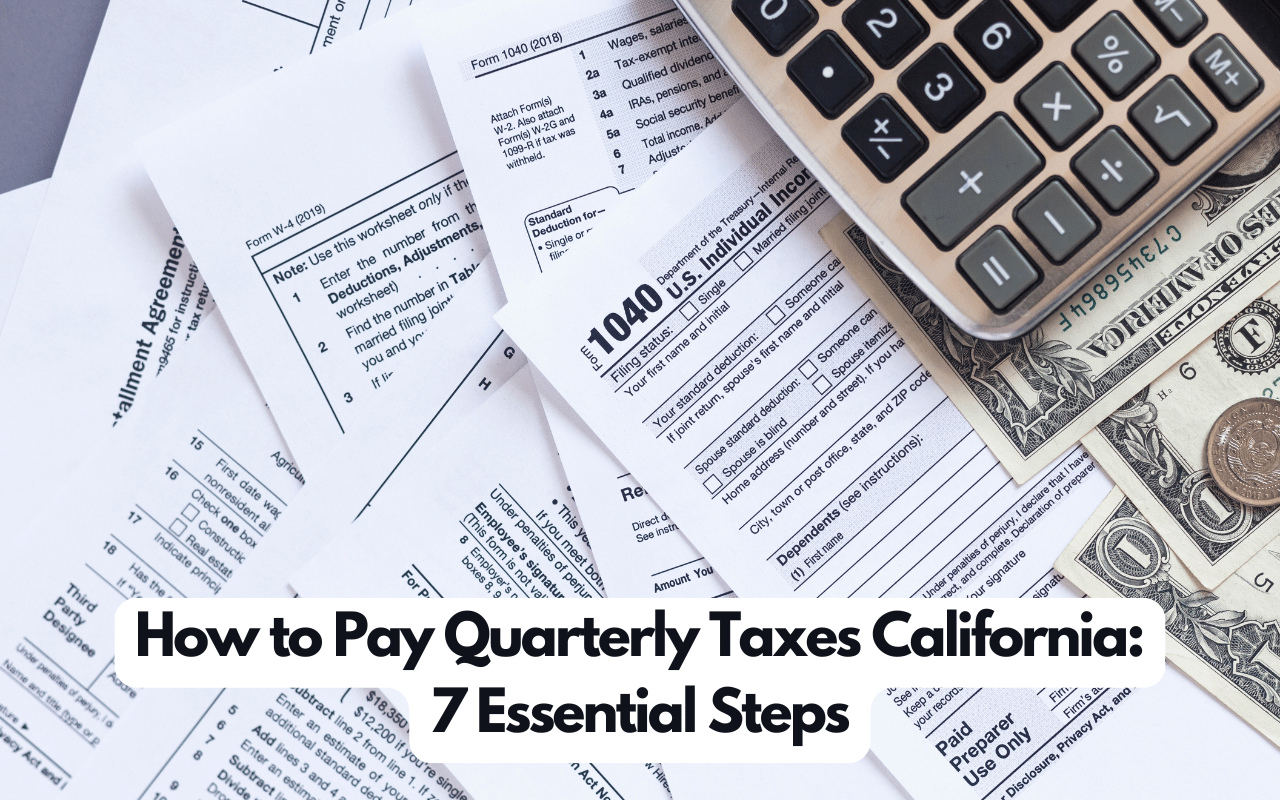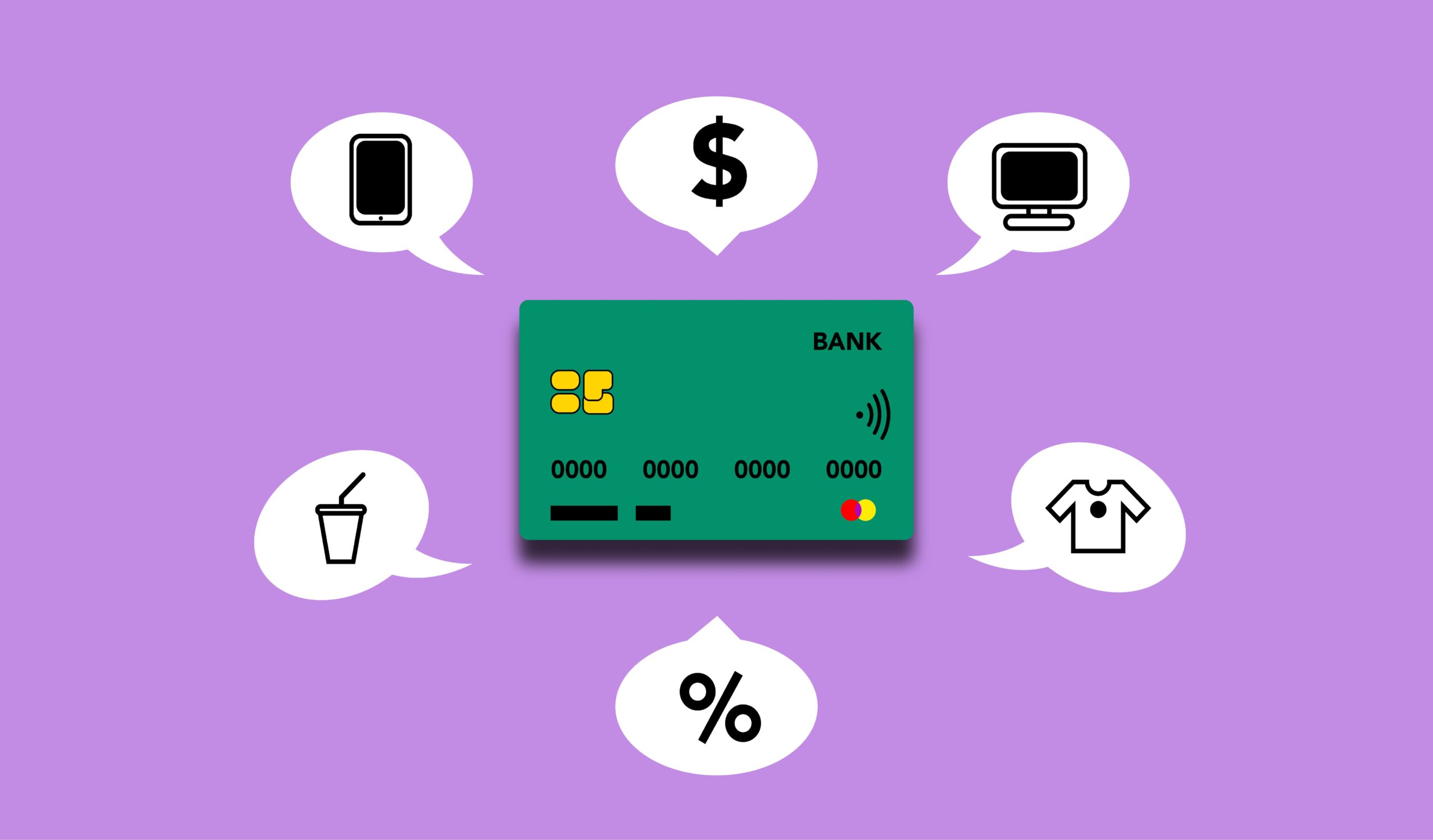How to Pay Bills Monthly: Streamline Your Payment Process

Navigating the monthly bill-paying process can often seem daunting, but with the right approach, it can be streamlined into a simple and stress-free routine. 📅 In this guide, we’ll explore practical strategies to manage your bills, ensuring timely payments and avoiding late fees. From setting up automatic payments to leveraging digital reminders, we’ll provide you with the tools and tips you need to keep your finances in check. 💡 Whether you’re a seasoned bill-payer or new to financial management, our insights will help you maintain a flawless payment record and achieve peace of mind in your monthly financial cycle.
- How to Pay Bills Monthly: Streamline Your Payment Process
- What Is The Best Way To Pay Bills Each Month?
- What Is The 50 30 20 Rule?
- Understanding the 50/30/20 Rule
- 50% to Needs
- 30% to Wants
- 20% to Financial Goals
- Applying the Rule
- Is İt Better To Pay Bills Weekly Or Monthly?
- Optimizing Your Finances: The Power of Weekly Bill Management
- 1. Stress Reduction
- 2. Debt Prevention
- 3. Establishing Financial Habits
- 4. Fraud Detection
- 5. Prioritizing Financial Goals
- 6. Credit Score Maintenance
- 7. Preparation for the Unexpected
- 8. Building Financial Stability
- 9. Facilitating Investments
- 10. Reviewing Spending Habits
What Is The Best Way To Pay Bills Each Month?
The best way to pay bills each month combines convenience, reliability, and security to ensure that payments are made on time and without hassle. Here are some steps and methods to consider for an optimal bill-paying routine:
1. Automate Your Payments: Setting up automatic payments through your bank’s bill pay service or directly with your service providers ensures that your bills are paid on time each month. This is especially useful for fixed expenses like mortgage or car payments.
2. Use Financial Management Software: Utilize financial software or apps that can track your bills, due dates, and bank account balances. These tools often offer the option to schedule payments and can send reminders when a bill is due.
3. Consolidate Due Dates: Contact your service providers to see if you can align due dates closer together or to a specific time of the month that works best for your cash flow. This can simplify your payment schedule and make it easier to remember.
4. Go Paperless: Opt for electronic bills to reduce paper clutter and receive bills via email or through provider websites. This can make it easier to keep track of what’s due and when.
5. Set Calendar Reminders: If you prefer to manually pay bills, set up a calendar with all your due dates and set reminders a few days before each bill is due to give yourself time to make the payment.
6. Budget for Your Bills: Make sure you have a budget that includes all your monthly bills. This helps you understand your finances better and ensures you have enough money set aside to cover your expenses.
7. Review Your Bills Regularly: Check your bills for any errors or unexpected charges. This can help you avoid overpaying and also keep track of your service usage.
8. Use Rewards Credit Cards Wisely: If you can pay off the balance in full each month, consider using a rewards credit card to pay your bills. This can earn you cash back or other rewards. However, be cautious to avoid interest charges and fees.
9. Keep Records: Whether you pay online or by check, keep records of your payments. This can be helpful for your financial tracking and is essential if a dispute arises about whether you paid a bill.
10. Stay Informed: Keep an eye on your billing statements and account for any changes in billing amounts or due dates. Service providers sometimes change their billing processes, and you’ll want to adjust your payment method accordingly.
By incorporating these strategies into your financial routine, you can create a bill payment process that works best for you, ensuring that your bills are paid efficiently and on time each month.
What Is The 50 30 20 Rule?
Building a Financially Sound Budget: The 50/30/20 Rule
In the realm of financial stability, crafting a budget is a pivotal step. The 50/30/20 rule provides a simplified yet effective framework to guide this process. Let’s delve into the background, application, and limitations of this rule to help you establish a well-balanced budget that aligns with your financial goals.
Understanding the 50/30/20 Rule
The 50/30/20 rule is a practical guideline for budgeting, dividing your after-tax income into three key categories:
50% to Needs
Essential expenses fall into this category, encompassing items vital for daily living:
- Rent
- Groceries
- Utilities (electricity, water, sewer service)
30% to Wants
While not necessities for survival, these are items you desire and find enjoyment in:
- Hobbies
- Vacations
- Dining out
- Digital and streaming services (e.g., Netflix, Hulu)
20% to Financial Goals
This allocation is dedicated to securing your financial future:
- Savings (retirement contributions, house savings, 529 college savings plan)
- Debt payments
Applying the Rule
It’s important to note that the 50/30/20 rule serves as a guideline rather than a rigid mandate. To effectively implement it, supplement your budgeting process with tools like YNAB, Mint, or Quicken. These budget trackers empower you to set and monitor the 50/30/20 percentages as targets, ensuring a more dynamic and personalized approach to your financial planning.
Is İt Better To Pay Bills Weekly Or Monthly?
Optimizing Your Finances: The Power of Weekly Bill Management
In the realm of personal finance, tackling bills may not be the highlight of your week, yet experts contend that adopting a weekly approach to this task is a savvy financial move. Embracing a routine of reviewing and paying bills on a weekly basis offers a range of benefits, keeping you in control and aligned with your financial objectives. Here are compelling reasons why dedicating time to your bills each week is a strategic financial practice.
1. Stress Reduction
Founder of Daily Profit Cycle, Nick Hodge, emphasizes that timely bill payments significantly reduce stress. Avoiding procrastination and handling payments promptly circumvents the anxiety of accumulating bills and potential financial strain.
2. Debt Prevention
Financial advisor Winnie Sun suggests that weekly bill reviews act as a preventive measure against accumulating debt. By reassessing your spending vis-a-vis your monthly budget, you gain the opportunity to adjust and curb excessive expenditures.
3. Establishing Financial Habits
A weekly review fosters good financial habits, allowing you to stay attuned to your income patterns. Setting up alerts for income deposits reinforces financial awareness, motivating you to acknowledge and appreciate the rewards of your hard work.
4. Fraud Detection
Given the rising threats of cyber attacks, Winnie Sun highlights the importance of vigilance. Regularly monitoring your financial activities facilitates prompt detection of any fraudulent transactions, enabling quick corrective action.
5. Prioritizing Financial Goals
Understanding your spending patterns empowers you to allocate resources toward long-term financial goals. Whether contributing to a Roth IRA or bolstering your 401(k), a clear view of your finances enables strategic planning for future objectives.
6. Credit Score Maintenance
Maintaining a healthy credit score is crucial, and Paul LaPiana, CFP, underscores the role of timely bill payments. A good credit score is instrumental in securing loans and favorable interest rates, making it a key component of your financial well-being.
7. Preparation for the Unexpected
Wealth manager Randy Jones advocates for a comprehensive weekly financial review to prepare for unforeseen circumstances. By understanding daily expenses, you can proactively adjust your financial plan, ensuring resilience in the face of unexpected events.
8. Building Financial Stability
Entrepreneur Brian Meiggs stresses that while paying bills may seem mundane, it is a pivotal aspect of financial stability. Regular bill payments reduce the risk of missed payments, late fees, and contribute to a clearer understanding of monthly financial flows.
9. Facilitating Investments
Financial and tax advisor Adam Ng emphasizes that adopting a weekly bill management routine creates a foundation for future investments. Automatic payments streamline your financial responsibilities, offering the time and clarity needed for strategic investment planning.
10. Reviewing Spending Habits
Mila Garcia, co-founder of iPaydayLoans, underscores the value of weekly bill reviews in exposing spending habits. This practice serves as a reality check, helping you identify unnecessary expenses and avoid late fees, ultimately enhancing your financial security.
Incorporating a dedicated 30 minutes each week for bill review and payments can transform this task from a chore into a proactive financial habit. Embrace this routine, and witness the positive impact on your financial well-being.






